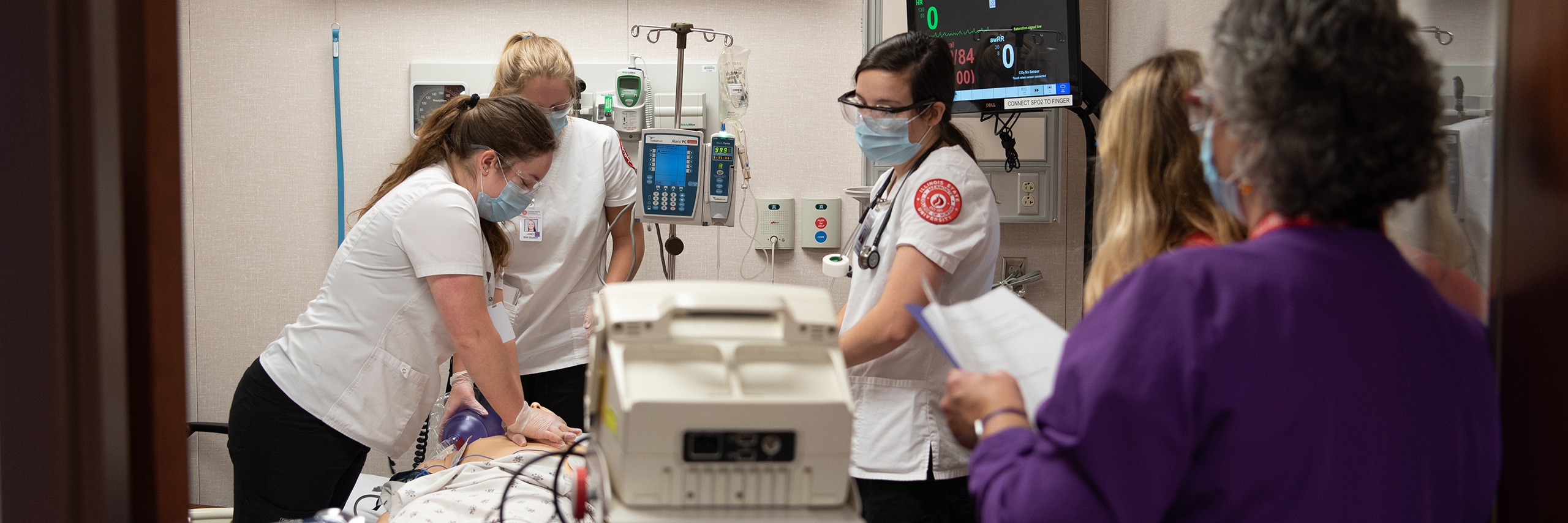
Graduate Preceptor Resources
If you have knowledge, let others light their candles in it.
- Margaret Fuller
Welcome, graduate preceptors (and future preceptors)!
Your role is vital for offering students the opportunity for hands-on clinical experience, but also, by guiding more nurses into advanced practice roles, you help elevate nursing care and mentor those who could be tomorrow's mentors, preceptors, or even nursing faculty. Illinois State University (ISU) Mennonite College of Nursing's (MCN) preceptor program provides benefits for everyone involved in the preceptor partnership, including valuable clinical experience for students, an opportunity for preceptors to serve and connect with the university, and ability for faculty to collaborate with practicing providers in our community.
To our current preceptors, thank you for your time and commitment to our students and future colleagues!
If you are considering precepting, we welcome you to join us. Are you interested in becoming a preceptor for the MCN Family Nurse Practitioner or Psychiatric Mental Health Nurse Practitioner Programs? Contact Jessica Sullivan, NP Sequence Leader, at jmsulli7@IllinoisState.edu.
Explore Our Preceptor Resources
Frequently Asked Questions
What are the requirements to precept a student?
- Be nationally board certified and licensed in the State of Illinois or precepting state.
- 2+ years of experience in your population-focused field
- Have the capacity to mentor a student 1-2 days per week for at least one semester annually, with some flexibility in scheduling.
- Students who use preceptors cannot select a preceptor who is a family member or any other relationship that could create an actual or perceived conflict of interest.